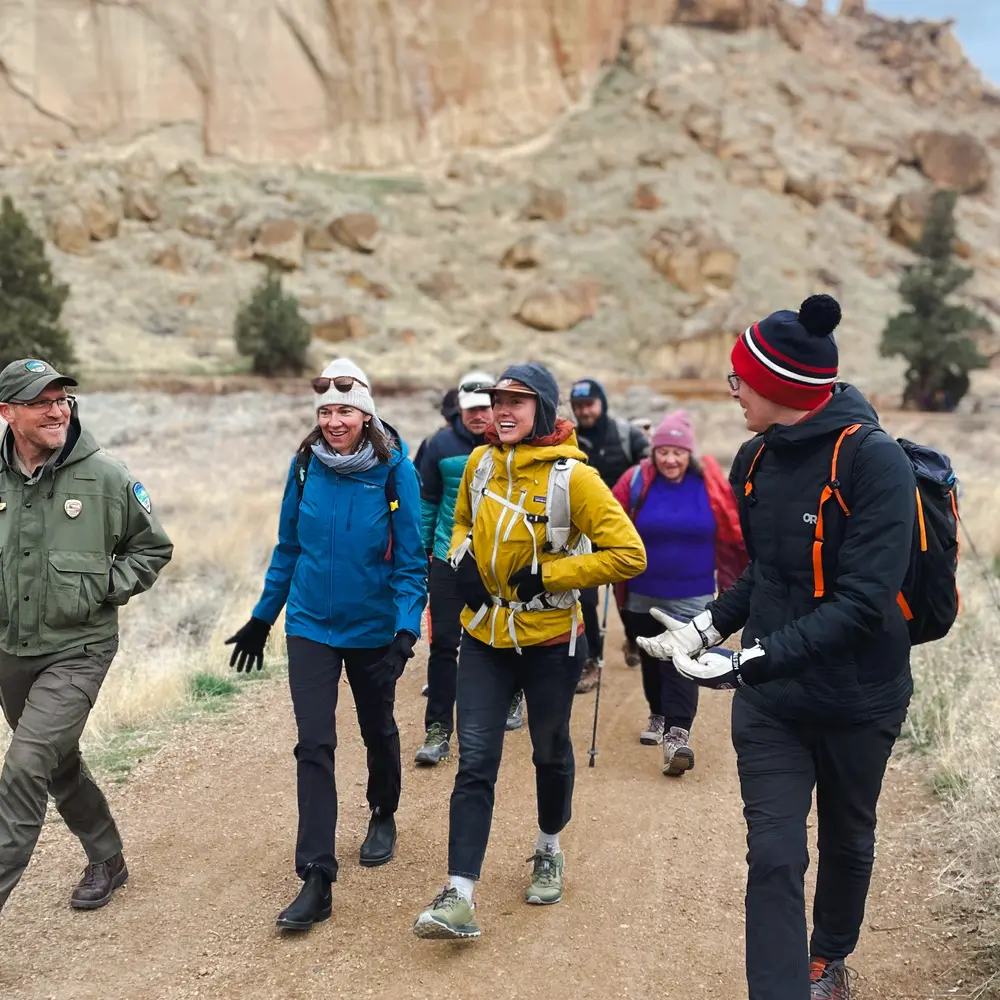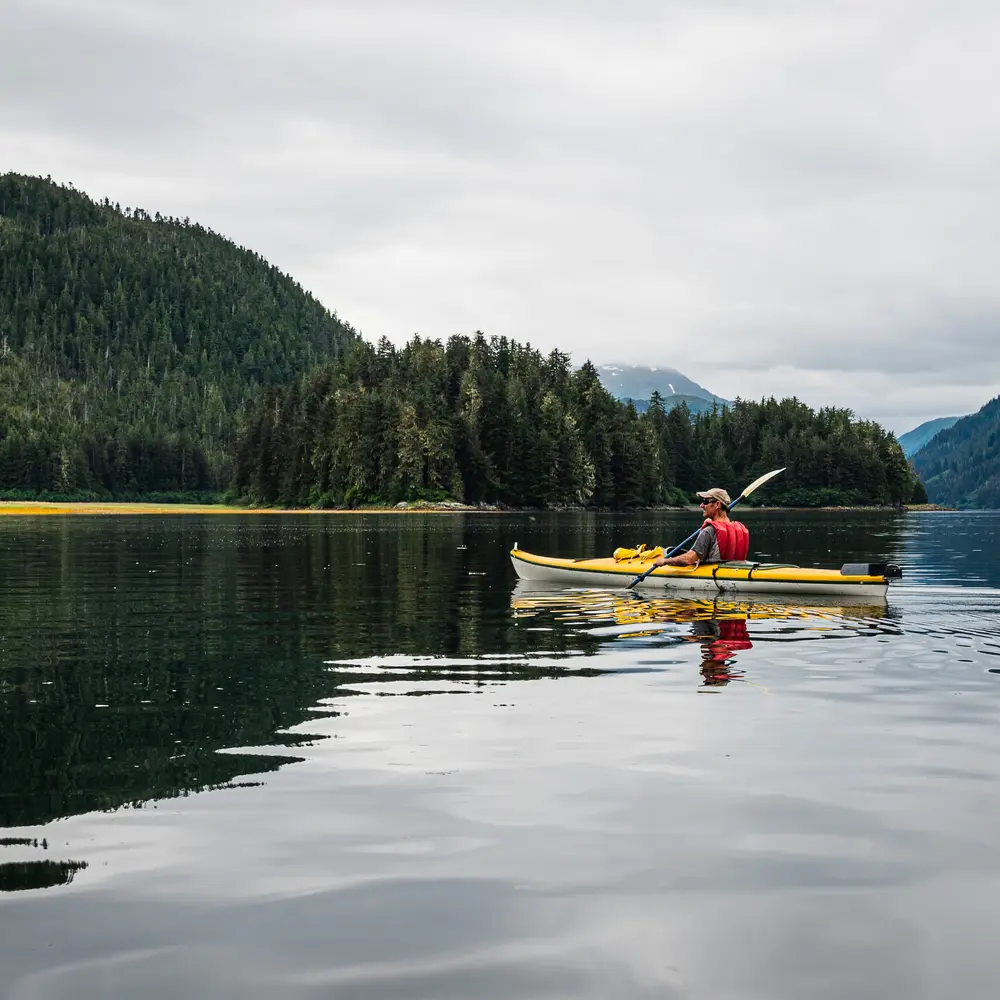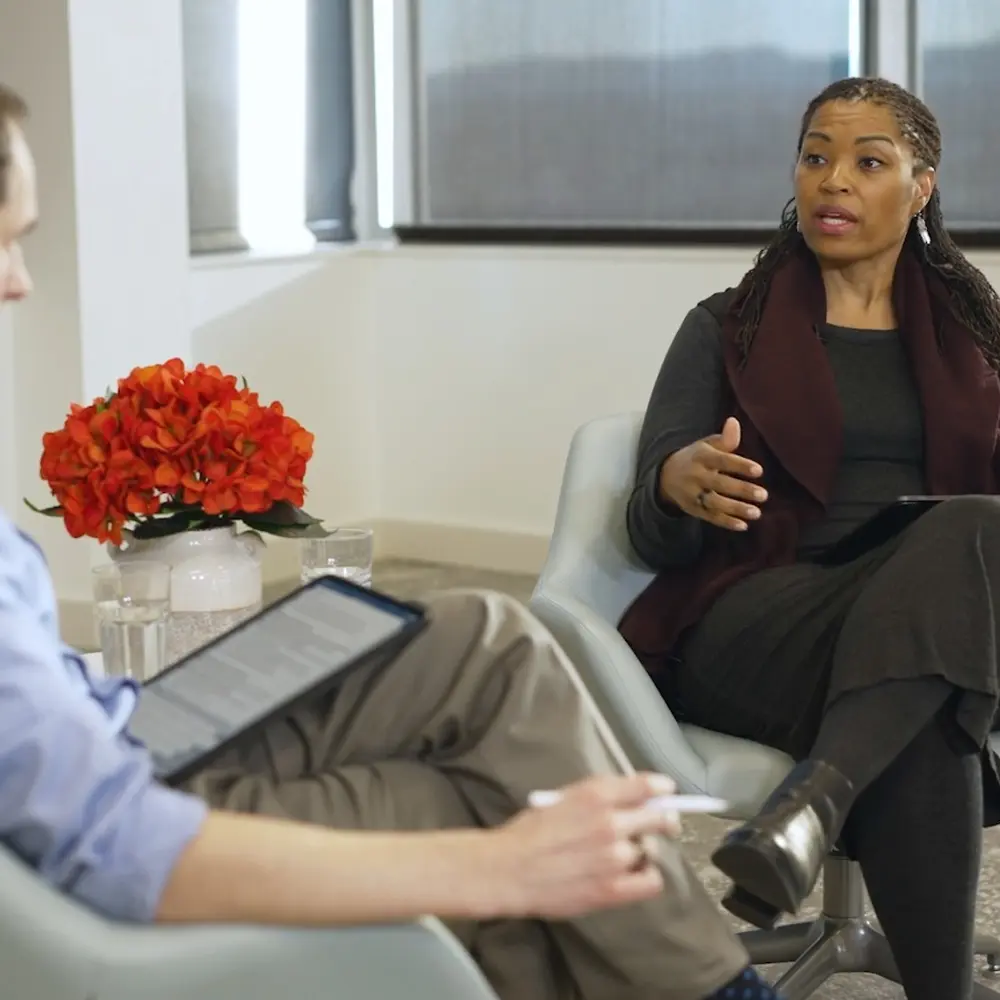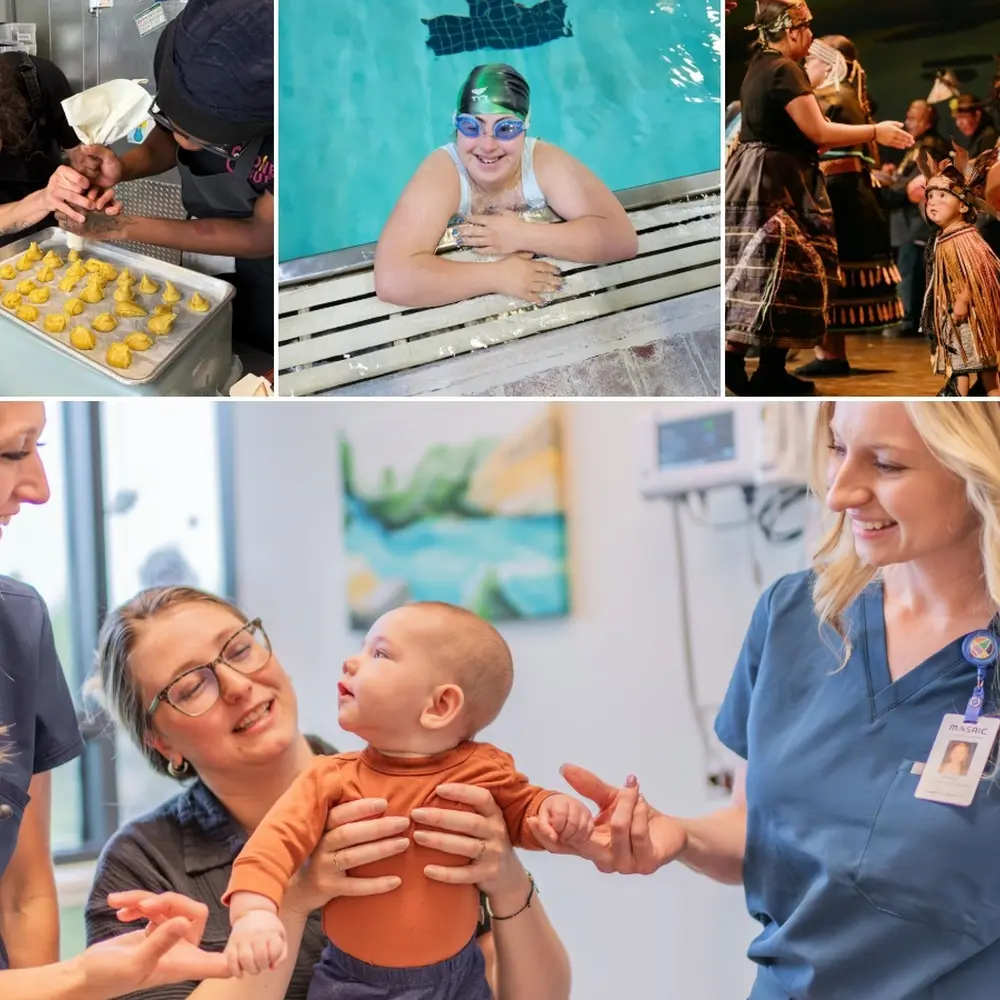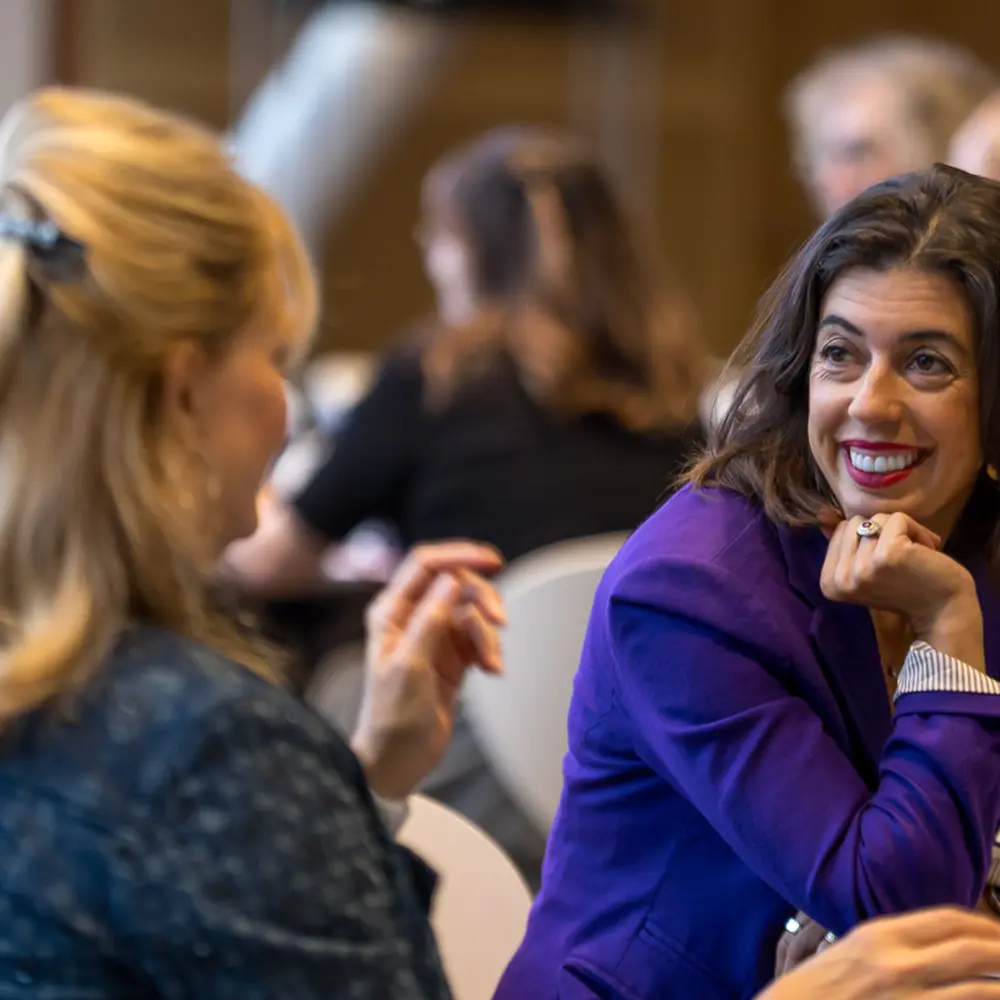For fifty years, the Murdock Trust has approached grantmaking with a posture of learning. Jack Murdock believed, and we do too, that those on the front lines of their communities understand the needs, opportunities, and solutions better than we ever could from a distance. One of the key ways we seek to close that distance is through regular listening sessions—spaces where nonprofit leaders can speak candidly about the challenges they face, the support they need, and the bright spots that give them hope.
We weave intentional two-way conversations, active engagement in grantee activities, and curious learning through observation with what we hear to further close the distance. Finally, we layer on our own areas of subject matter expertise in key areas to better understand and support the unique needs and opportunities within communities. Listening is a consistent drumbeat of our work.
As part of our 50th Anniversary celebrations across the states we serve, we’ve had the opportunity to host these listening sessions in conjunction with state nonprofit association conferences across the Pacific Northwest to hear directly from nonprofits about the current state of the sector. Most recently, we have held sessions in Alaska and Washington with plans for similar conversations in Idaho and Montana later this year. While the things we heard may not be surprising, they are heartening.
Unsurprisingly, nonprofits are navigating significant uncertainty, particularly due to shifts in federal funding. These changes have introduced new pressures and fears that, as we heard repeatedly, can feel paralyzing. They are affecting not only short-term programming and staffing, but also organizations’ ability to plan sustainably for the future. It's projected that while many nonprofits may manage through 2025 with current funding, the most severe impacts will be felt beginning in 2026.
Yet even amid these challenges, we saw remarkable resilience. Organizations are re-centering their missions, building creative collaborations, engaging new donors, and finding innovative ways to mitigate risk and move forward. Their commitment to community and service remains unwavering.
We share these hopeful reflections not to minimize the seriousness of what lies ahead. The potential loss of critical funding could mean the loss of life-saving support and lives for some of our most vulnerable neighbors. This is a reality we must acknowledge and to which we must respond. Still, while hope is not a strategy, it is an essential and necessary ingredient. Hope fuels resilience. It allows us to persevere, adapt, and build stronger networks of mutual support, even in uncertain times. Hope is built on what is unseen, and it is a critical requirement for the development of a shared vision of the future.
As we continue hosting listening sessions and exploring new ways to learn from our nonprofit partners, we remain committed to turning insight into action. We are deeply grateful for the honesty, passion, and grit of those serving on the front lines—and for the hope they carry, which reminds us why this work matters and why we must keep showing up, together.
-Romanita Hairston, CEO

